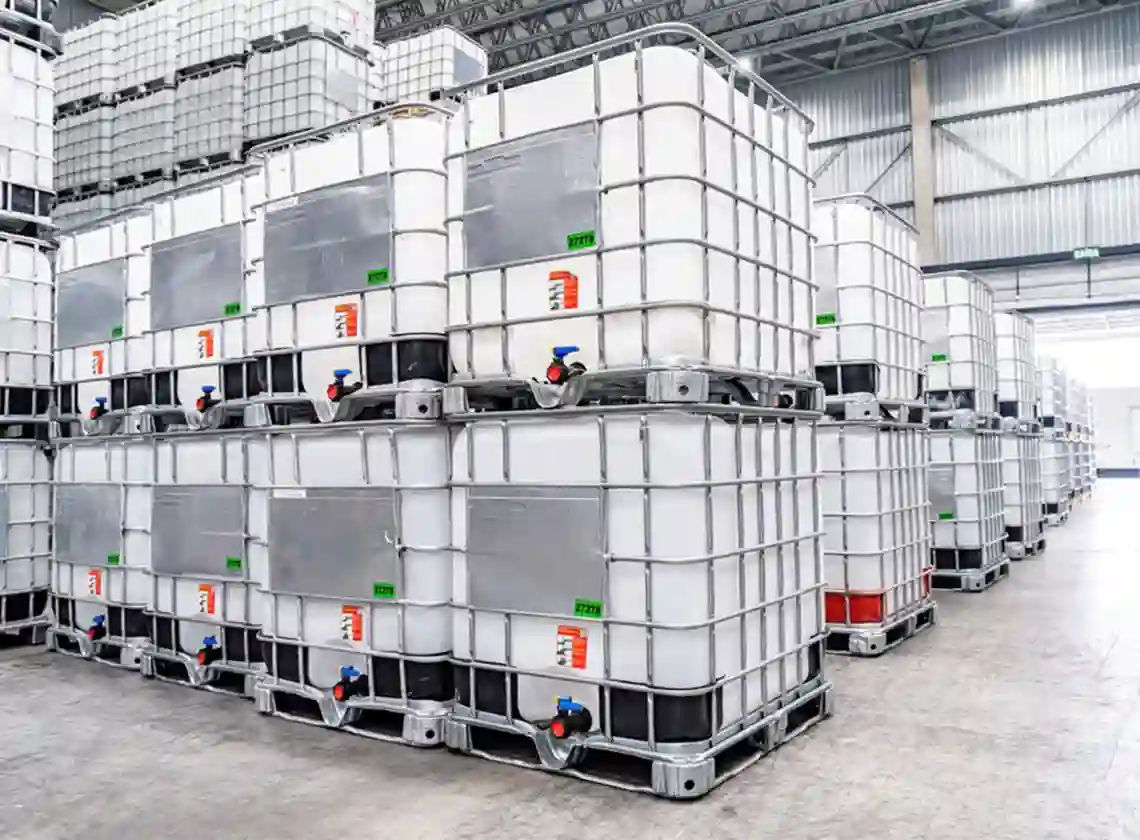 +1 289 719 0290
+1 289 719 0290- Progressive Cargo Inc-855 Matheson Blvd East, Unit 1B, Mississauga, ON, L4W 4L6

In the world of bulk liquid logistics, bulk chemical transportation in USA often requires more than just one container or one mode of travel. That’s where transloading comes in—a strategic process that allows you to move cargo between different types of containers and transportation modes—without compromising product integrity, safety, or compliance.
At Progressive Cargo, transloading is more than just a transfer. It’s a carefully orchestrated process that ensures your bulk liquid arrives exactly how, when, and where it’s needed.
Transloading refers to the transfer of cargo from one container or mode of transportation to another, often used when your origin and destination are not directly connected by a single mode.
For bulk liquid shippers, this typically involves:
When it comes to chemical bulk transportation, flexibility and compliance are key. Transloading helps meet both, especially for companies managing multiple cargo types or packaging formats.
Transloading enables companies to:
Whether you’re a chemical manufacturer importing in ISO tanks or distributing to end users in 55-gallon drums, transloading provides the logistical flexibility your supply chain needs. As part of our chemical bulk transportation services, we ensure each transfer is done with precision, safety, and regulatory compliance.
| Inbound Container | Outbound Format | Use Case Example |
| ISO Tank | Bulk Tanker Trailer | Importing chemicals to Canada from Europe |
| Rail Tank Car | IBC Totes | Domestic redistribution of solvents |
| Drums (55 gal) | ISO Tank | Exporting reformulated blends |
| Flexitank | Storage Tank | Transfer of food-grade oil for processing |
| Tanker Trailer | Drums or Pails | Regional delivery to smaller end users |
At Progressive Cargo, all transloading operations follow strict PIP, CTPAT, and DOT compliance standards. Our certified teams manage:
We also provide full ELD-compliant documentation and real-time inventory tracking through our transloading network.
No matter if you’re shifting liquids across borders, between transport modes, or into various containers, transloading enables a more scalable and efficient supply chain. And when it comes to bulk chemical transportation in USA, Progressive Cargo leads with experience and care.
We operate state-of-the-art transload hubs designed for chemicals, food-grade materials, and specialty liquids. As trusted freight forwarders in New York, we manage the process end to end—so you can focus on growing your business.